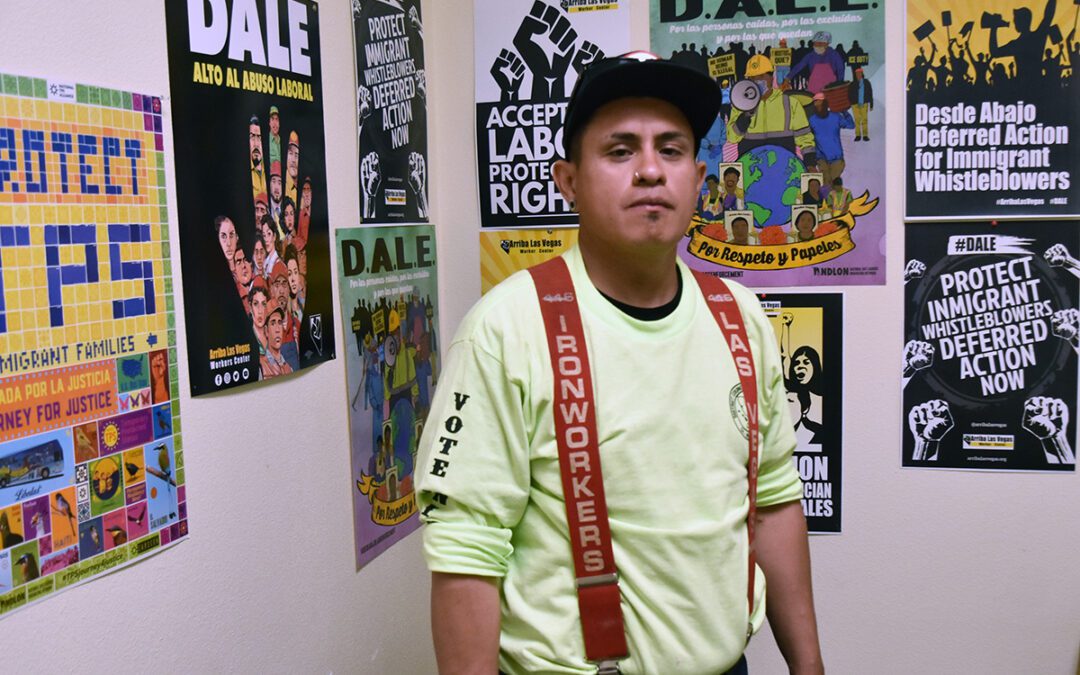
WASHINGTON, DC - JANUARY 29: Robert F. Kennedy Jr., U.S. President Donald Trump's nominee for Secretary of Health and Human Services testifies during his Senate Finance Committee confirmation hearing at the Dirksen Senate Office Building on January 29, 2025 in Washington, DC. In addition to meeting with the Senate Finance Committee, Kennedy will also meet with the Senate Health, Education, Labor and Pensions Committee tomorrow. (Photo by Win McNamee/Getty Images)
US Health and Human Services Secretary Robert F. Kennedy Jr. recently fired the entire staff that manages the Low-Income Home Energy Assistance Program (LIHEAP) — a life-saving program that keeps the lights on for about 6 million families. LIHEAP provides about $4.1 billion to help low-income families pay their home energy bills — many of whom are elderly or disabled.
About 90% of the FY 25 appropriation was released last October. The remaining 10% ($378 million) was on hold until the Continuing Resolution to keep the government funded was passed on March 15.
About $3.7 billion of the $4.1 billion in LIHEAP funds this year has already been allocated to the states to help families pay their heating and cooling bills. The remaining $378 million is sufficient to help close to 750,000 households pay their cooling bills this summer. This is especially important since summer heat waves are getting hotter and lasting longer, and overnight lows are higher than ever. Heat-related deaths have increased every year since 2016, with an estimated 2,300 deaths last year.
Our organization, representing the state programs that administer LIHEAP, sent a letter to Secretary Kennedy this week requesting that the final 10% ($378 million) of the full appropriation be released no later than May 1, 2025, giving states only 153 days to deploy these critical funds before the end of the federal fiscal year on September 30, 2025.
The National Energy Assistance Directors Association (NEADA) is concerned that any further delay in the release of appropriated funds will make it difficult for states to cover the needs of poor families facing shut-off of vital utility services as a result of the expiration of winter shut-off moratoriums, or to meet staffing and planning requirements to start up summer cooling programs.
In addition, we asked the Secretary to rehire the federal LIHEAP employees who were fired. These employees are essential to the program’s operations. They run the allocation formula, conduct audits and track the funds to make sure they are following federal law. They also conduct essential research to help make sure that program funds are delivered as quickly and efficiently as possible to help those in need.
Members of Congress have recognized the crisis, demanding that the administration rehire the staff that was fired. Senators Collins, Murkowski, Reed, and 10 other Senators sent a letter to Secretary Kennedy to reverse course on staff terminations and distribute remaining $378 million in program funds. A similar letter was sent by the House and signed by 90 members. Secretary Kennedy should waste no time in getting this done.
The average low-income household spends about 8.6% of family income on energy bills — almost three times the rate for non-low-income households. In fact, one out of six American families are currently behind on their home energy bills and the total amount these families owe their utilities is approximately $21 billion. That’s the highest level since 2021, and it has grown by about 30% since the end of 2023. In addition, 37.4% of families earning less than $50,000 a year reported in a recent Census survey that they were unable to pay an energy bill at least once in the past 12 months.
At a time when so many families are struggling to make ends meet — and tariffs are poised to drive prices even higher — it’s unconscionable to rip away the help that Congress has already offered to people in need.
LIHEAP doesn’t just help families pay their home energy bills. It saves lives in states where summer heat and winter cold can be deadly. In Nevada, LIHEAP helped more than 11,500 households keep their air conditioning running in 2023, when there was record heat and a massive jump in heat-related hospitalizations.
Secretary Kennedy knows the loss of LIHEAP staff is a real problem. He recently told a group of reporters that his department may have overreacted, telling them, “personnel that should not have been cut, were cut. We’re reinstating them. And that was always the plan.” If there was a plan, it was inadequate.
Secretary Kennedy should admit his mistake and immediately rehire the LIHEAP staff and then have the staff move quickly to release the remaining $378 million to save lives and support American families when they need it most.

Apprenticeship programs are helping Nevadans launch their careers
The number of registered apprentices in Nevada has more than doubled over the past decade and a recent surge of funding from the Biden...

While corporations make billions, inflation continues to hurt Nevadans
Grocery and food companies’ massive profits have drawn increased scrutiny from lawmakers, including Nevada Sens. Jacky Rosen and Catherine Cortez...

El Día Internacional de los Trabajadores fue dedicado a los varilleros
Este año, Arriba Las Vegas Worker Center conmemoró el Día Internacional del Trabajador con una caravana de acciones en las que destacaron...

Biden makes 4 million more workers eligible for overtime pay
The Biden administration announced a new rule Tuesday to expand overtime pay for around 4 million lower-paid salaried employees nationwide. The...

Biden administration bans noncompete clauses for workers
The Federal Trade Commission (FTC) voted on Tuesday to ban noncompete agreements—those pesky clauses that employers often force their workers to...

Sens. Jacky Rosen and Catherine Cortez Masto join efforts against Big Oil consolidation
The senators point to the recent consolidation of Big Oil companies as potential violations of antitrust law, imploring the Federal Trade Commission...




